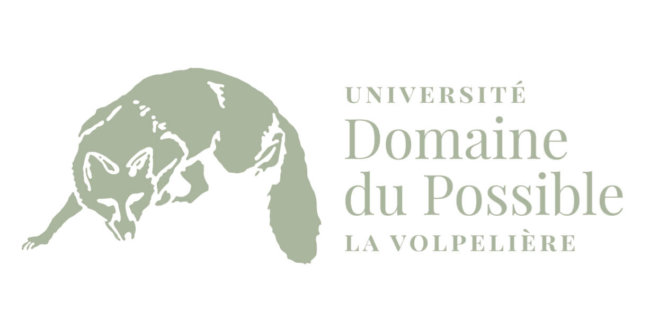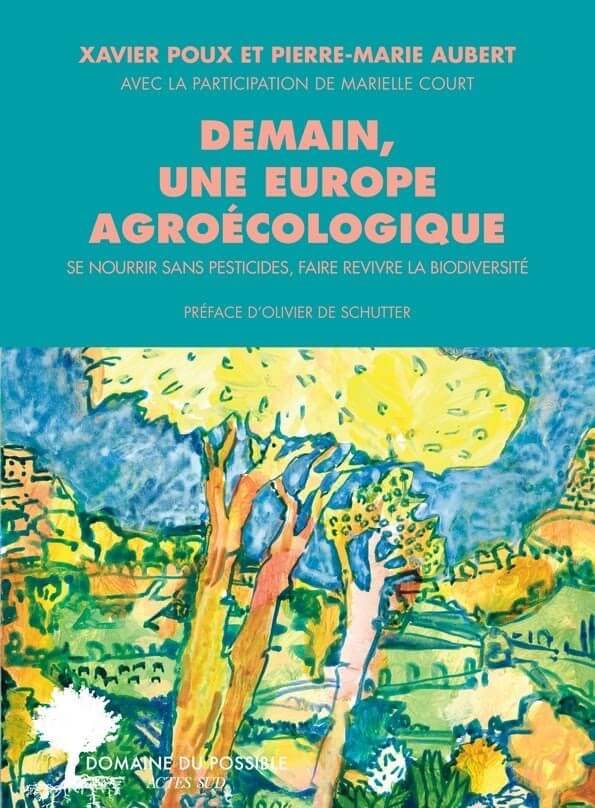The Foundation already supports the work of the Domaine du Possible University Farm (UDDP) for a change of scale in agroecology and also collaborates with the Institute for Sustainable Development and International Relations (IDDRI) on the TYFA project (Ten Years for Agroecology), a ready-made policy scenario that provides concrete recommendations for a transition path towards eco-friendly and sustainable food systems.
The latest scientific reports published in 2019 by IPBES, the Intergovernmental Platform on Biodiversity and Ecosystem Services, points conventional agricultural practices as a key factor in biodiversity decline. Two aspects are highlighted by scientists: the destruction of natural habitats and the intensification of agricultural practices, with among others, the continuous increase in fertilizers and pesticides.
Considering the urgency to drive the attention of decision-makers and the public on existing alternatives to industrial agriculture, the Foundation granted additional financial support to IDDRI and UDDP, which have joined forces around a joint project to contribute to move the lines.
The European Union’s announcement of the launch of a “New Green Deal” is an unprecedented window of opportunity to provide decision-makers and civil society with tangible elements to make these reforms a powerful lever for transforming European agriculture and integrating environmental issues.
The two identified momentums are as follow:
– the development of the agricultural component of the European Union’s new biodiversity action plan scheduled for January 2020
– the design of agri-environmental measures (known as Ecoscheme) as part of the reform of the Common Agricultural Policy during 2020.
Building on the foresight work already carried out as part of the TYFA project, IDDRI and UDDP are joining forces to work on two complementary productions:
– a study for policy makers (1st semester 2021)
– a book for the general public (september 2021)
The study and the book jointly aim to demonstrate the need to take ecosystem services into account in public policies to restore biodiversity in European agricultural landscapes.
The study explicitly aims to disseminate to decision-makers scientifically validated content and concrete solutions that will enable environmental issues to be taken into account as part of the reform of the Common Agricultural Policy (CAP) and the effective implementation of a “Green New Deal”.
The book is intended to raise public awareness of the links between agriculture, food and ecological and biodiversity issues.

The Domaine du Possible University is based at a 136-hectare farm dedicated to research and training, 15 kilometres outside Arles between Crau and Camargue. The farm was set up in response to the urgent need for change in the agricultural and food model, and to increase supplies from agroecology in particular. Research at the university is mainly focused on the best possible synergy between the various activities within a mixed livestock-polyculture business. The aim of the research and training programmes is to raise awareness to agroecology and the change of scale.

Based in Paris, France, IDDRI is an independent policy research institute and a multi-stakeholder dialogue platform that identifies the conditions and proposes tools to put sustainable development at the heart of international relations and public and private policies.


